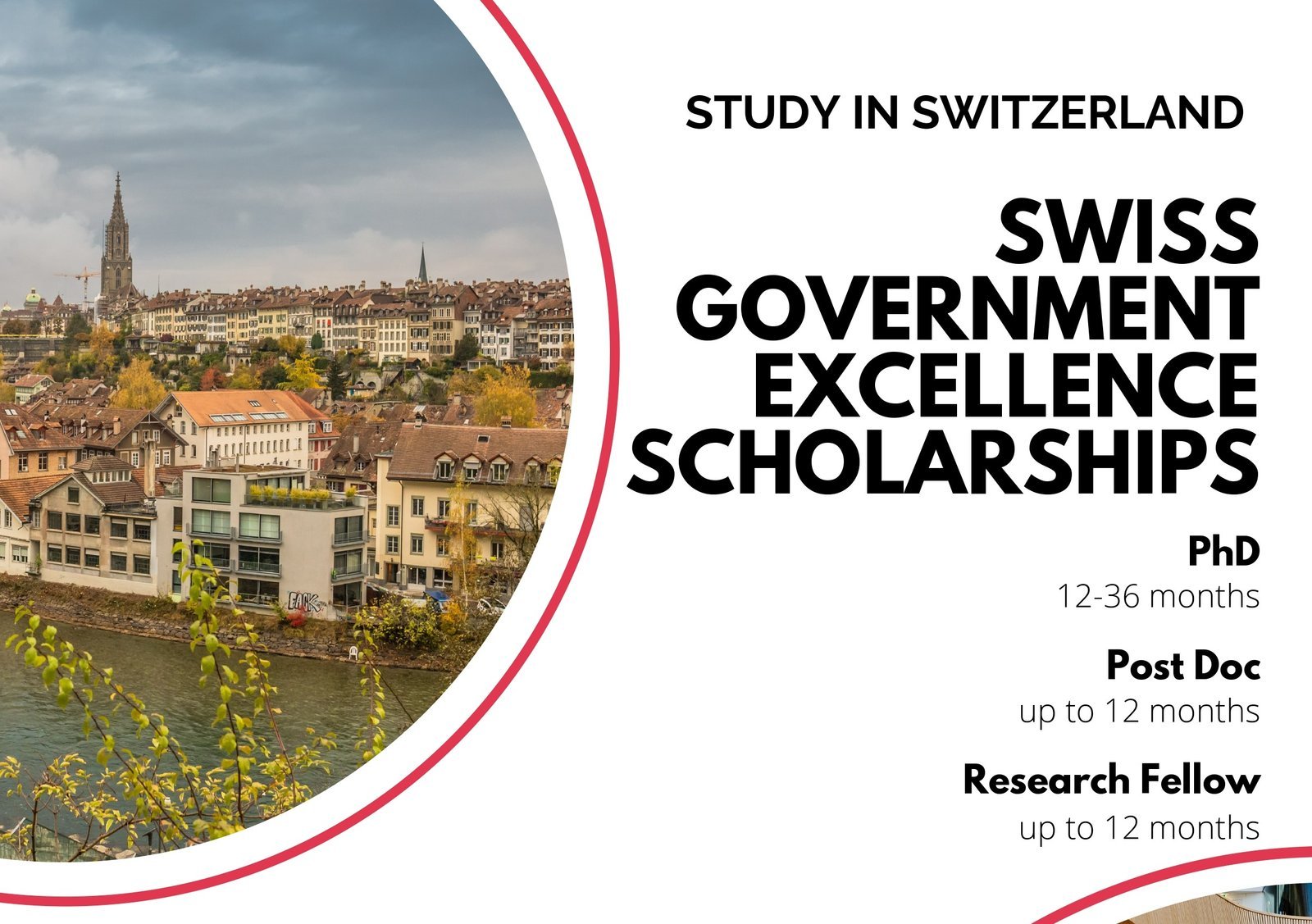Introduction: The Growing Demand for Public Service Leaders
In today’s world, where governments face rising social challenges and NGOs are on the frontlines of humanitarian work, the need for well-trained public service leaders has never been greater. If you’ve ever imagined yourself shaping policy, leading a nonprofit, or transforming public service delivery, an online Master’s in Public Administration (MPA) could be your golden ticket.
Unlike many degrees, the MPA is highly practical and career-oriented. It blends leadership, management, finance, policy, and ethics into one powerful toolkit. And with the rise of online programs, you don’t have to quit your job or move across the country to earn one.
This post breaks down the top-rated online MPA programs, why they matter, and how they can unlock careers in government, international development, and NGOs. Whether you’re in Nigeria, the U.S., Canada, or anywhere else, these programs offer you a global passport into meaningful leadership.
Why an Online Master’s in Public Administration is a Game-Changer
Studying online isn’t just about convenience. It’s about unlocking opportunities without uprooting your life. Let’s unpack why:
- Flexibility: Study while you work, raise a family, or pursue side projects.
- Networking Without Borders: Collaborate with peers worldwide—future city mayors, nonprofit leaders, and policy experts.
- Real-World Impact: Programs emphasize case studies, capstones, and projects tied to today’s biggest challenges.
- Reputable Accreditation: Many online MPAs hold NASPAA accreditation, the gold standard in public service education.
- Affordability Options: Public universities often offer lower tuition, while private schools provide fellowships and aid.
Most importantly, an online MPA prepares you to lead across multiple sectors—local government, federal agencies, NGOs, and even international organizations like the UN.
Top-Rated Online Master’s in Public Administration Programs: The Elite List
After reviewing leading rankings and accreditation boards, here are programs consistently recognized for excellence, flexibility, and career outcomes.
Quick Comparison Table
| Program & Institution | Rank / Accreditation | Best For | Format |
|---|---|---|---|
| Syracuse University (Maxwell School) | #1 Public Affairs (U.S. News); NASPAA accredited | Public affairs & global policy leaders | Hybrid + Online; Exec MPA available |
| Indiana University (O’Neill School) | Top 2 nationally (U.S. News) | Affordable & flexible pathways | Online + hybrid options |
| American University (Washington DC) | NASPAA accredited; policy & management blend | Future NGO and federal leaders | 100% online |
| Johns Hopkins University | Elite global reputation | Policy analysts & gov. executives | 100% online |
| Cornell Executive MPA | Ivy League prestige | Mid-career executives & NGO directors | Hybrid (low-residency + online) |
| Penn State World Campus | “Best Online Programs” award-winning platform | Students needing flexible tech support | Fully online, asynchronous |
| San Diego State University (SDSU Global) | NASPAA accredited, 16-month fast-track | Professionals seeking quick completion | 100% online, accelerated |
| University of Colorado Denver (CU Denver) | NASPAA accredited, top consensus rankings | Public & nonprofit managers | 100% online |
| University of Central Florida (UCF) | Affordable, mission-driven | Entry-level public service aspirants | 100% online, flexible pacing |
Deep Dive: Program Spotlights
1. Syracuse University (Maxwell School of Citizenship & Public Affairs)
Syracuse is the gold standard. Ranked #1 for public affairs, it offers an Executive MPA with 10 specializations ranging from urban planning to nonprofit management.
- Highlights:
- World-class faculty with global policy influence.
- Scholarships available for online learners.
- Alumni network includes diplomats, city managers, and global NGO directors.
If you want prestige with purpose, Syracuse sets the bar.
2. Indiana University (O’Neill School of Public & Environmental Affairs)
IU’s program is ideal if you want affordability and credibility. It blends policy, finance, and environmental governance.
- Why choose IU:
- Public tuition: ~$12,600 (lower than private peers).
- Online and hybrid learning tracks.
- Alumni heavily represented in Midwest city governments and NGOs.
Perfect for budget-conscious students seeking a reputable degree.
3. American University (Washington DC)
If you dream of influencing Capitol Hill or global NGOs, AU puts you at the center of action.
- Standouts:
- Combined MPA + MPP options.
- NASPAA-accredited, DC networking advantage.
- Focus on nonprofit management and advocacy.
Studying in the political capital means you’re constantly plugged into opportunities.
4. Johns Hopkins University
JHU’s online MPA is tailored for leaders aiming to impact policy and public health governance.
- Strengths:
- Policy evaluation and finance focus.
- Connections to federal agencies and global organizations.
- Highly analytical curriculum.
Great for those eyeing international NGOs or federal leadership.
5. Cornell University Executive MPA
Cornell’s Ivy League stamp appeals to professionals wanting prestige plus executive skills.
- What you get:
- Low-residency hybrid format.
- Capstone project tied to your organization.
- Executive mentoring built into the curriculum.
This is the program for mid-career NGO leaders aiming at director-level roles.
6. San Diego State University (SDSU Global)
Short on time? SDSU’s 16-month fast-track makes it possible to earn an MPA while still working full-time.
- Unique features:
- NASPAA-accredited.
- Same faculty as on-campus students.
- Designed for professionals wanting speed without sacrificing quality.
7. University of Colorado Denver (CU Denver)
CU Denver’s online MPA consistently ranks for value and accessibility.
- Focus:
- Nonprofit and public leadership.
- Affordable tuition.
- NASPAA-accredited.
It’s particularly strong for students balancing family and work commitments.
8. University of Central Florida (UCF)
Known for affordability and accessibility, UCF’s MPA is designed with a mission-driven focus.
- Highlights:
- Accessible entry requirements.
- 100% online.
- Excellent fit for students looking to enter local government and NGOs.
9. Penn State World Campus
Penn State’s online platform has been recognized among the best in online learning nationwide.
- Advantages:
- Longstanding online infrastructure.
- Flexible scheduling for global students.
- Strong career services.
Career Pathways After an Online Master’s in Public Administration
An online MPA doesn’t limit you—it expands your reach. Graduates go on to:
- Government Roles: Policy analyst, city manager, program director.
- NGO Leadership: Fundraising manager, advocacy director, humanitarian program manager.
- International Organizations: UN program officer, World Bank analyst, global nonprofit consultant.
- Private Sector: Corporate social responsibility roles, consulting firms specializing in public policy.
Salary & ROI Insights
According to recent reports:
- Political Scientists: Median ~$128,000/year
- Fundraising Managers: ~$107,000/year
- City Managers: ~$124,000/year
When you weigh tuition (~$12,600 public vs ~$28,000 private on average), the ROI is clear—especially with scholarship and aid options.
How to Choose the Right Program: A Checklist
Selecting the best online Master’s in Public Administration (MPA) is not just about prestige—it’s about finding the program that truly fits your career ambitions, budget, and lifestyle. With dozens of highly ranked options available, making the right choice requires careful evaluation.
Here’s a step-by-step guide to help you make an informed decision.
1. Accreditation: The Non-Negotiable Standard
The first thing to check is accreditation. Look for programs accredited by the Network of Schools of Public Policy, Affairs, and Administration (NASPAA).
Why it matters:
- Employers view NASPAA accreditation as a stamp of quality.
- It ensures the curriculum meets rigorous international standards.
- It gives you credibility for government and NGO careers.
👉 Verify schools on the official NASPAA roster of accredited programs.
2. Program Format: 100% Online vs Hybrid
Online MPAs come in different formats:
- 100% Online – Fully remote, often asynchronous, ideal for working professionals.
- Hybrid Programs – Mix of online classes and short in-person residencies. Good for networking.
- Accelerated/Executive Tracks – Fast-track programs like the SDSU Global Campus Online MPA, which can be completed in just 16 months.
Ask yourself: Do I want maximum flexibility, or am I willing to travel occasionally for networking opportunities?
3. Cost and Funding Options
Tuition varies significantly between public and private universities.
- Public universities: Average around $12,600 for the full program.
- Private universities: Average closer to $28,000.
- Funding: Many offer scholarships, fellowships, or employer partnerships.
For example, Indiana University’s O’Neill School is ranked among the best for affordability and flexibility.
💡 Tip: Don’t focus only on tuition. Evaluate Return on Investment (ROI) by comparing program costs to potential salaries (policy analysts, nonprofit directors, city managers can earn $100,000+ annually according to Intelligent.com salary data).
4. Specializations and Concentrations
Different programs shine in different areas.
- Nonprofit Management → American University Online MPA.
- Policy Analysis → Johns Hopkins MPA.
- Urban Governance & Planning → University of Illinois Chicago MPA.
- Executive Leadership → Cornell Executive MPA.
Match your career path to the program’s strengths.
5. Career Services and Alumni Network
An MPA is more than academics—it’s about career outcomes. Strong programs provide:
- Career coaching and dedicated advisors.
- Access to internships at NGOs, UN bodies, and government agencies.
- Alumni connections in city governments, nonprofits, and international organizations.
For example, Syracuse University’s Maxwell School of Public Affairs, ranked #1 in public affairs by U.S. News & World Report, has a powerful alumni presence in government and policy.
6. Faculty Expertise
Faculty with real-world experience add value beyond textbooks. Look for:
- Professors with backgrounds in government agencies or NGOs.
- Published researchers in policy, ethics, or finance.
- Guest lecturers from international organizations.
Programs like CU Denver’s Online MPA highlight faculty who’ve worked in local government and nonprofit leadership.
7. Flexibility for Working Professionals
Consider your lifestyle:
- Do you want part-time study while working?
- Would an accelerated program help you transition faster?
- Do you prefer asynchronous classes you can watch anytime?
For working adults, flexibility is a game-changer. Programs like Penn State World Campus are built with busy professionals in mind.
8. Global Recognition
If you want to work with the UN, World Bank, or international NGOs, choose globally recognized programs.
Universities like Syracuse, Johns Hopkins, and Cornell carry strong reputations abroad. Employers in Canada, the U.S., Europe, and Africa recognize these names, giving you a career edge.
9. Technology and Student Support
A smooth online learning experience is essential. Look for:
- 24/7 IT support.
- Access to virtual libraries and databases.
- Discussion boards, group projects, and mentorship.
Programs with strong platforms, like Penn State’s, ensure online students never feel isolated.
10. Aligning With Your Career Goals
Finally, the most important step: match the program to your personal mission.
- Government Careers → Indiana University, UIC, Syracuse.
- NGO Leadership → American University, CU Denver.
- Policy & International Work → Johns Hopkins, Cornell, Syracuse.
- Local Governance → UCF, SDSU.
When the program aligns with your vision, your MPA becomes more than a degree—it becomes a launchpad for meaningful change.
Step-by-Step Decision Checklist
Here’s a quick framework you can use:
- Define your career goal (government, NGO, or global).
- Set your budget range (public vs private).
- Confirm NASPAA accreditation.
- Choose your format (online, hybrid, or executive).
- Compare specializations (policy, nonprofit, urban governance).
- Review career services and alumni outcomes.
- Decide based on ROI—cost vs potential career growth.
Fit Matters More Than Fame
The right MPA program is about fit, not just prestige. A well-chosen program that matches your goals and circumstances will empower you more than a “big name” that doesn’t meet your needs.
By considering accreditation, cost, specializations, flexibility, and alumni outcomes, you can confidently select a program that positions you for success in government, NGOs, and international development.
Global Lessons:
For students in Canada and the USA and other countries,online MPAs provide lessons in affordable scaling of education. Both nations are seeing growth in:
- Cross-border NGO careers (especially climate change and human rights).
- Digital governance (using AI and fintech for public services).
- Public-private partnerships (critical in health and urban resilience).
By studying online, Canadian and U.S. learners also get access to global peers, creating international NGO and government collaboration networks.
Final Thoughts: Your Next Step Toward Leadership
A top-rated online MPA isn’t just a degree—it’s a career accelerator. Whether you choose Syracuse for prestige, SDSU for speed, or UCF for affordability, the path leads to impactful leadership roles.
Now is the time to invest in yourself. Pick a program that aligns with your passion—whether that’s local government innovation, nonprofit leadership, or international development.
Your journey to becoming a leader in government and NGOs can start from your living room. All you need is commitment, a laptop, and the courage to take the leap.
FAQs
1. Are online Master’s in Public Administration (MPA) degrees respected by employers?
Yes. Most reputable online MPA programs are NASPAA-accredited, meaning they meet the same quality standards as on-campus degrees. Employers in government agencies, NGOs, and international organizations recognize them as legitimate and credible.
- 2. What careers can I pursue with an online Public Administration Master’s Degree?
An MPA opens doors to roles such as:
- Policy Analyst
- City/County Manager
- Nonprofit Director
- Fundraising Manager
- Program Officer (UN, World Bank, NGOs)
- Public Health Administrator
3. How much does an online MPA cost?
Costs vary by institution. On average:
- Public universities: Around $12,000–$15,000.
- Private universities: $25,000–$30,000+.
Financial aid, fellowships, and employer reimbursement programs can reduce the total expense.
4. How long does it take to complete an online Public Administration Master’s Degree?
- Traditional track: 2 years full-time.
- Part-time track: 3–4 years while working.
- Accelerated programs: 12–18 months (e.g., SDSU’s 16-month Online MPA).
5. Which online Public Administration Master’s Degrees is best for NGO or international careers?
Programs with global recognition and policy focus are ideal. Top choices include:
- Syracuse University Maxwell School (ranked #1 in public affairs).
- Johns Hopkins University (policy and global health focus).
- Cornell Executive MPA (Ivy League prestige, executive leadership training).



